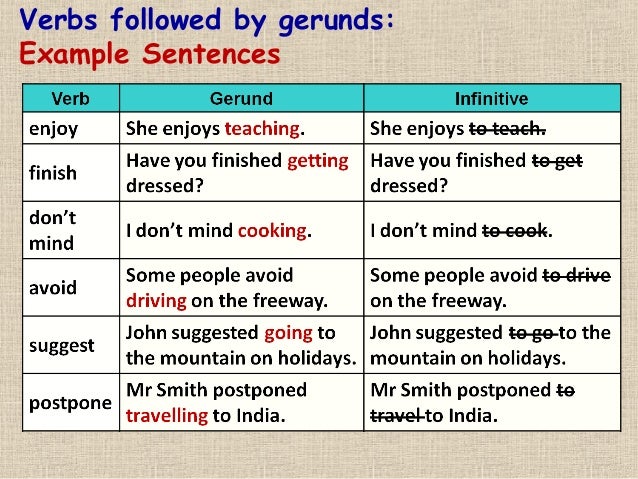RELATIVE CLAUSES
FUNCIÓN:
Usamos “relative clauses” para dar más información sobre una persona, cosa, tiempo o lugar.
Relative clauses
|
Significado
|
Información
|
Who
|
Quien
|
Personas
|
Where
|
Donde
|
Lugares
|
When
|
Cuando
|
Momentos/Tiempo
|
Which/That
|
Cual/Que
|
Cosas y/o objetos
|

FORMA:
Relative clauses
|
Ejemplos
|
Who
|
I thanked the person who found my wallet this morning on
the subway.
|
Where
|
The best time to call
him is when the finishes his
meeting at 10:30 a.m.
|
When
|
The Blue Lounge was
place where I used to meet my
friends.
|
Which/That
|
I think it was a trip
to Paris that made me want to
learn French.
|
CUIDADO!
x The report that it has all the
information is on your desk.
ü The report that has all the information
is on your desk.
x The man which donated a lot of money
is a billionaire.
ü The man who donated a lot of money is
a billionaire.
|
Nota 1: El pronombre relativo que se usa en lugar del
pronombre posesivo. Debe ser seguido por un sustantivo. Ejemplo: There's a boy
in grade 8 whose father is a professional tennis player.
Nota 2: Los pronombres relativos donde y cuando se usan con
nombres de lugar y tiempo. Ejemplos: FIS is a school where children from more
than 50 countries are educated. 2001 was the year when terrorists attacked the
Twin Towers in New York.
Una proposición relativa no definitoria o explicativa, nos
da más información sobre la persona o cosa de que se trate. Si eliminamos una
proposición explicativa perdemos algunos datos pero el significado general de
la oración principal sigue siendo el mismo. Las proposiciones subordinadas
explicativas siempre se delimitan con comas o paréntesis.
EJEMPLOS
- The farmer, whose name was Fred, sold us 10 pounds of potatoes.
- Elephants, which are the largest land mammals, live in herds of 10 or more adults.
- The author, who graduated from the same university I did, gave a wonderful presentation.
- My mother, who is 86, lives in Paris.
EJERCICIOS:
Completa las siguientes oraciones con: which/that, who, when o where.
1. A web designer is a person _____ can make your website look more professional.
2. It´s a technique ______ helps you learn more effectively.
3. A good time to do brain training is _____ you feel relaxed.
4. It was my brother ______ used to take us swimming every Sunday.
5. We got married at place _____ we first met.
6. I´m going to choose a course _____ I´m really interested in.
VERB + GERUND/INFINITIVE

FORMA:
EJEMPLOS
|
OTROS VERBOS
|
|
Verbo+gerundio
|
· Isobel usually
avoids driving downtown.
· I finished
reading that novel.
|
Admit,
avoid, deny, dislike, finish.
|
Verbo+infinitivo
|
· Did you manage
to find the song on the internet?
· We offered to
make some coffe for them.
|
Agree,
help, invite, manage, offer, plan, promise, refuse, seem.
|
Verbo+gerundio/ infinitivo
|
·
I like going out.
· I like go out
every now and then.
|
Hate,
like, love, prefer.
|
CUIDADO!
x We discussed to read that new novel.
ü We discussed reading that new novel.
x The story was
long, but I managed to finish
it.
ü The story was
long, but I manage finishing
it.
|
EJERCICIOS:
Completa las oraciones con el verbo en el paréntesis en la
correcta forma (gerundio o infinitivo).
1. He admitted _________ (copy) the story from another
book.
2. Have you finished _________ (read) that book I lent you
yet?
3. I thought the story
seemed _________ (end) suddenly.
4. Traditional stories
sometimes teach people _________
(behave) in the right way.
5. Why do so many young
people dislike __________ (write)?
6. I hope _________ (become) a full-time writer
by the time I´m 30.
7. My parents advised my
sister ________ (take) that job.
8. I want to avoid _________ full-time for as long as
possible.



No hay comentarios:
Publicar un comentario